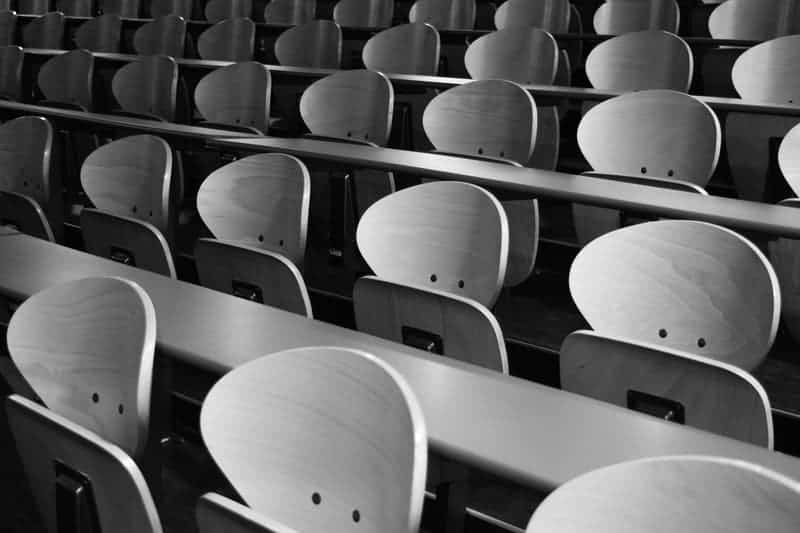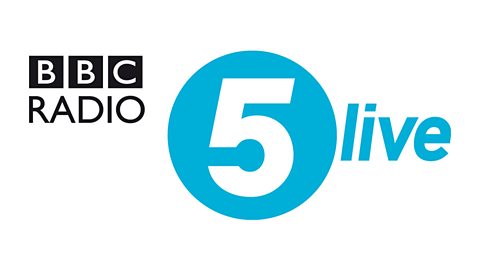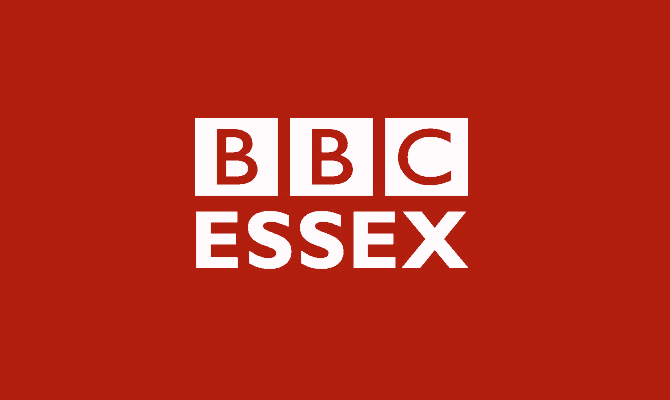Children’s Experience of School in South Korea
South Korea is almost always at the top of international rankings for education. For instance, in maths and science, South Korea is regularly one of the top three (if not number one). This probably won’t come as any surprise to you: it’s relatively well known that Asian countries like South Korea, Japan and Singapore are more often than not at the top of these lists.
But why? What is it about the education system in these countries and the policies that boost them to the top? There are a few reasons, from the amount of cash that parents have to pay to the effort expected of students daily, which help these countries excel.
1. Split shifts… For school kids!
Nobody likes working a split shift. It eats up your whole day, and it’s impossible to relax in your small break in between your working hours. But what if you had to work a split shift every day? And what if you had no other option if you wanted to get ahead in life?
Well, South Korean school kids don’t have any other choice. To outshine their peers, there’s no option but to put in incredibly long hours of studying every single day. The life of one girl, Hye-Min Park, was the subject of a BBC News article a few years ago [1]. She wakes up at 6:30 am every morning and studies at school from 8 am until 4 pm.
But after a brief break at home, where she finds time to eat, she heads to her hagwon (a type of private tutoring school attended by most South Korean students) and studies some more from 6 until 9 pm. She then heads back to school for another two hours of personal study before finally returning home after 11 pm! This, on its own, is more time than British kids put in.
It’s an unbelievable strict schedule, but if she were to spend her time at home instead of doing another ‘shift’, she would lag behind her friends at school and find it very difficult to get into university. The standard is just that high.
2. Parental expectations put massive pressure on kids to succeed
Sir Michael Barber is a nationally renowned education expert. He was an advisor to Tony Blair’s campaign to reform education in Britain completely, so he probably likes to think he knows what he’s talking about regarding education and policy. He believes that South Korean kids experience the most pressure from their parents, bringing huge dividends through educational success.
According to Barber, South Korean parents prize hard work over inherited ‘smartness’, and that this attitude gives kids more motivation to succeed. [2] Children in Australia, for instance, with East Asian parents do far better in school than their peers. This is definitely due to the increased amount of time they spend studying, but in self-reported studies, the children also have ‘a stronger work ethic and higher aspirations’. [2]
In fact, a massive 94% of these kids want to go on to university [2]. It’s because they know full well that in South Korea, to fail to get into university is a shame on the family- and a guarantee that you’ll be stuck in a low-paying job for the rest of your life. After all, if 94% of university-age kids go to university (or even 80, or 70%), the jobs market will be flooded with high-attainers.
So, for the parents to know that their kids have the best chance of succeeding, they know that they have to push them into after-school tuition… Just to keep up. And the kids themselves know that they’re under pressure to succeed, although the rewards for success make it all worth it in the end.
3. Parental investment
Another factor in South Korea’s success is families’ no-compromise attitude to funding their children’s education. The government spends the same average in the OECD (the Organisation for Economic Co-operation and Development). We spent more here in the UK- 5.2% of our GDP was funnelled into education in 2015, compared to South Korea, which spent 4.7% [3].
Out of the entire OECD (which has 35 members, primarily Western, but includes Japan and South Korea), the South Korean government contributed the least towards higher education costs, at a measly 29.3% of the total, the rest being paid by private sources and tuition fees.
This means that students have to pay costly tuition fees. Or, in other words, their parents do! This is in addition to the cost of private tuition for high school students, which is a practical necessity for success.
Parents pay thousands of pounds a year on hagwons, and the average tuition fee is about a quarter of the average national salary. Combined with the fact that only a fraction of Korean students (15%) use loans to cover the cost of their tuition, it’s clear that South Korean parents are keeping the education system afloat! [4]
So what are the benefits?
The hours are long and hard. But are they worth it?
For the graduates of South Korea’s top three universities, they most certainly are. South Korean students who attend one of the SKY universities- Seoul National, Korea and Yonisei- are all guaranteed a high-paying, high-status job at Korea’s top firms like Samsung or Toshiba. [5] A career job here means you’re practically set for life, and it’s a great honour for parents who sacrifice so much to see their children do well.
For students who attend less prestigious institutions, it’s not as if their lives are ruined. They, too, stand a great chance of landing secure career positions. And for anybody who wants to move to another country like the US or the UK, South Korean degrees are the kind of gold dust that can help graduates succeed anywhere.
So, like everything in life: if it’s tough, it’s probably worth doing.
Sources:
[1] http://www.bbc.co.uk/news/education-25187993
[2] http://theconversation.com/south-korean-education-ranks-high-but-its-the-kids-who-pay-34430
[3] http://www.japantimes.co.jp/news/2015/11/25/national/public-education-spending-japan-lowest-oecd-sixth-straight-year/
[4] https://www.ft.com/content/8254ec70-2efe-11e3-9e14-00144feab7de
[5] http://theconversation.com/south-korean-education-ranks-high-but-its-the-kids-who-pay-34430








